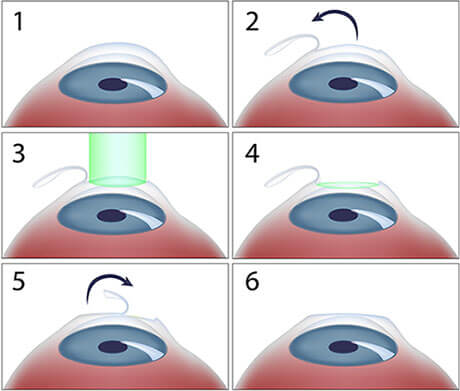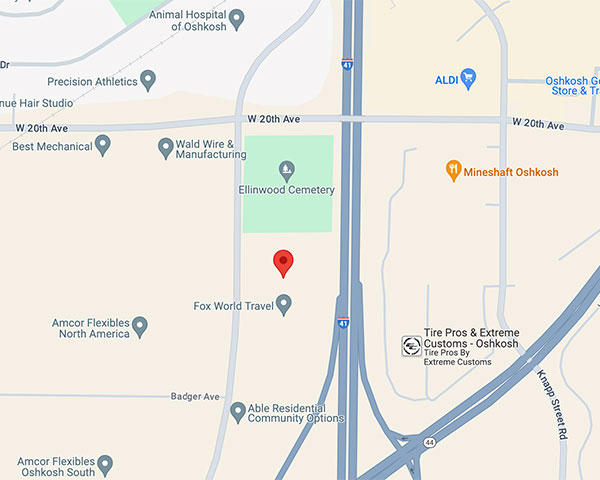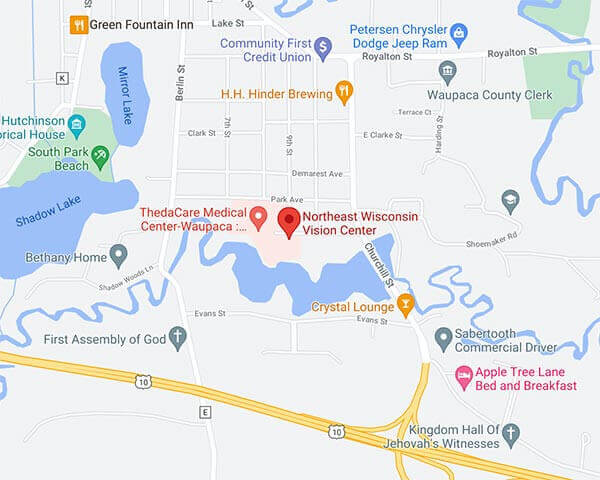
LASIK
What is LASIK?
LASIK is a surgical procedure that reshapes the cornea to help you see without glasses. The cornea has a clear dome shape at the front of the eye. It is responsible for bending the light so that it is focused properly. For people who are nearsighted (myopia), the light is focused too quickly. If you are farsighted (hyperopia), the light is focused too slowly.
Astigmatism is an aberration that causes light in one plane to be bent differently causing distortion. LASIK uses a laser to resurface the cornea and correct the refractive error.
Symptom Checker
Are you experiencing any of the following? You could be a candidate for LASIK Eye Surgery.
Is LASIK Permanent?
LASIK permanently changes the refractive power of your cornea, but it does not prevent your eye from growing. People who have had stable glasses or contact lens prescriptions can have excellent vision after LASIK that lasts for many years. However, if your prescription has changed recently, you may not be a good candidate for any refractive procedure.
What Can I Expect Before Surgery?
A thorough eye exam is required before LASIK surgery. You will be dilated and have more than one refraction. A video is presented to go over the risks and benefits and there are several tests performed to insure that you are a good candidate. Finally, you will have the opportunity to talk with your surgeon and go over any questions you may have. You should allow two hours for this visit.
What Can I Expect During Surgery?

LASIK is not a long procedure but you should expect to spend approximately one hour at the LASIK center to account for preparation time, laser time, and a brief exam after the surgery. During the procedure, your eye will be numbed with a drop and the lashes will be cleaned. A speculum will hold your lids in an open position. You will experience some pressure when a suction ring is placed onto the eye. When your eye is pressured appropriately, everything will become black or a dark gray. You may feel some pressure as the flap is created using a microkeratome. Next, you will see a blinking red light hear a ticking sound. Staring at the light is important as it keeps your eye properly centered while the laser reshapes your cornea. Once the laser is completed, the flap will be repositioned and drops will be applied as the flap is allowed to re-attach itself.
Once the first eye is completed, the second eye is numbed and cleaned. Although the procedure will be the same, most people experience slightly more discomfort with the second eye.
Following the surgery, you will be allowed to rest for 20 to 30 minutes. The doctor will then examine your eyes and talk to you about your drops.
What Can I Expect After Surgery?
You may have some irritation of your eyes the first night after surgery. Typically, this is resolved by the next morning and there is a dramatic change in your vision. Do not be alarmed if there is some mild blurriness. You will have an appointment with your doctor and the eyes will be examined. Several drops are needed to prevent infection and inflammation. You will be asked not to rub your eyes vigorously.
Congratulations on your new vision.
How Do I Choose the Right Doctor?
Compare – Find out the experience and results of the surgeon. At NEW vision center our enhancement rate is far below the national average. This means that the chance of you having 20/20 vision is extremely high. Drs. Larson and Raven will personally meet with you and discuss your options.
Cost
Cost should not be the sole basis for your choice. Be aware of what is included in the price. Do not let yourself be surprised by hidden costs.
Technology
Make sure your surgeon utilizes the latest in laser technology. Don’t pay less for treatment with outdated equipment.
Education
Find out as much as you can about the procedure so you can ask meaningful questions.
Our goal at Northeast Wisconsin Vision Center is to give you the highest quality of care with the best results.







